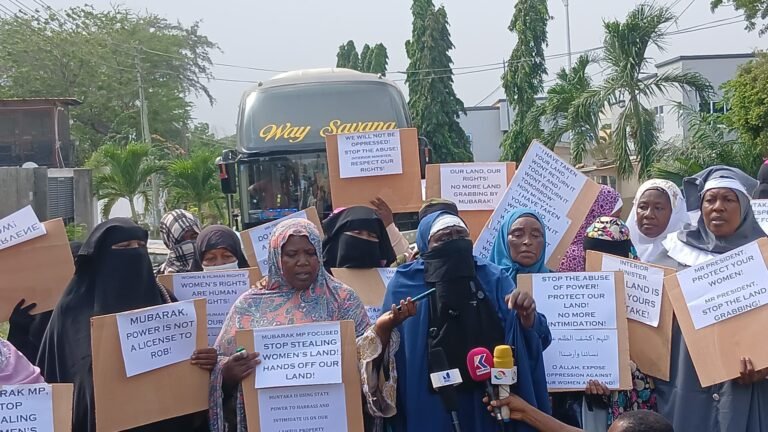
Various documents sighted by the Daily Statesman seem to suggest that the reasons given by the University Teachers’ Association of Ghana (UTAG) for their strike action appear to be at variance with documents they had signed with various government agencies regarding their conditions of service.
From the documents, it appears university teachers have been resorting to unfair strategies, which are in breach of the agreements, to hold government and students ‘hostage.’
Following the industrial action by UTAG, vigorous teaching and learning activities in majority of universities have halted. Reports indicate that many students yesterday started leaving the campuses of the various universities, as speculations became rife that the universities would be shut down following the three weeks’ of strike action.
No law
Meanwhile, the Pro-Vice-Chancellor of Academic and Students’ Affairs at the University of Ghana, Prof. Gordon Awandare, has explained that no law stipulates that universities in the country should shut down 21 days after no academic work.
According to him, such a decision is economically driven, as careful consideration is taken on the institution’s cost for the university’s smooth running.
“I don’t think that is a law. It is more of a practical decision in terms of its economics. If you have students on campus using electricity, water, spending money, putting pressure on the facility and nothing is going on in terms of classroom work, then at a point you have to cut your losses and say, ‘let’s take a break, everybody go home and relax and then when the issue is resolved, come back’,” Prof. Awandare said in an interview on ‘Campus Exclusive’.
Unfair position?
UTAG members had said, among other things, that they embarked upon their indefinite strike action because of the government’s failure to address their worsening conditions of service, claiming that government had flouted the agreed timelines to address their concerns, and was also not showing any concern about their grievances.
However, it is on record that the Deputy Minister of Employment and Labour Relations had presented a copy of the Labour Market Survey (LMS) report to leaders of UTAG before they declared their strike action.
UTAG had also decried the amount agreed to be paid as annual research allowance, describing it as a pittance. It is, however, on record that the research allowance had been increased from GHC500 to $1,600 since 2017.
Again, the university teachers had argued that by completing and implementing the LMS report, a review of their Interim Market Premium (IMP) should have put them on a relatively good salary stead and that “the recommendation of the report is meaningless to UTAG as it does not address the pertinent issues of improved conditions of service.”
Some labour experts, however, believe their position is untenable, as the objective of the LMS is to determine critical skills in short supply within the public services to enable the government take steps to attract and retain them.
UTAG-FWSC agreement
UTAG and Fair Wages and Salaries Commission (FWSC), in 2011, discussed the migration of senior academic members of public universities onto the single spine salary structure.
It was agreed, among other things, that a Market Premium equivalent to the absolute value of a premium factor of 1.14 of the single spine basic salary for the applicable year is to be paid to all them, effective January 1, 2010.
The agreed premium factor would apply until the guidelines for the calculation of the formula for the Market Premium factor were developed.
Both parties also agreed that all other categories of allowances would be negotiated in accordance with the tenets of the single spine pay policy.
A communiqué issued to that effect also stated that the migration onto single spine salary would bring to an end the dollarisation of basic salary, professional allowances and special book allowance.
UTAG and FWSC decided that the agreed amount in each year was to be determined to cover basic salary and various allowances.
At the end of the roadmap for increases in salaries in 2008, it was agreed that general increases in salaries approved by government will apply.




